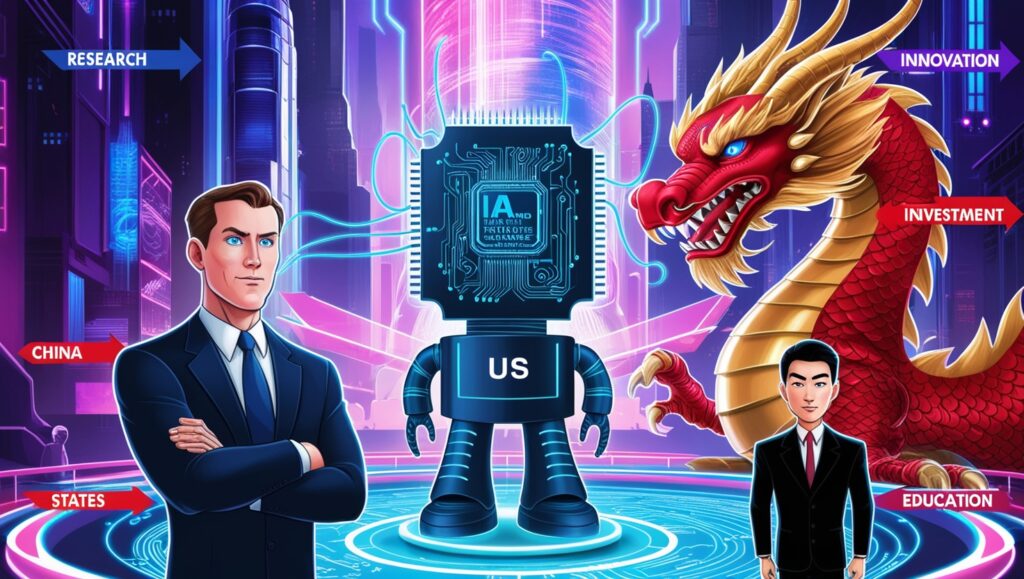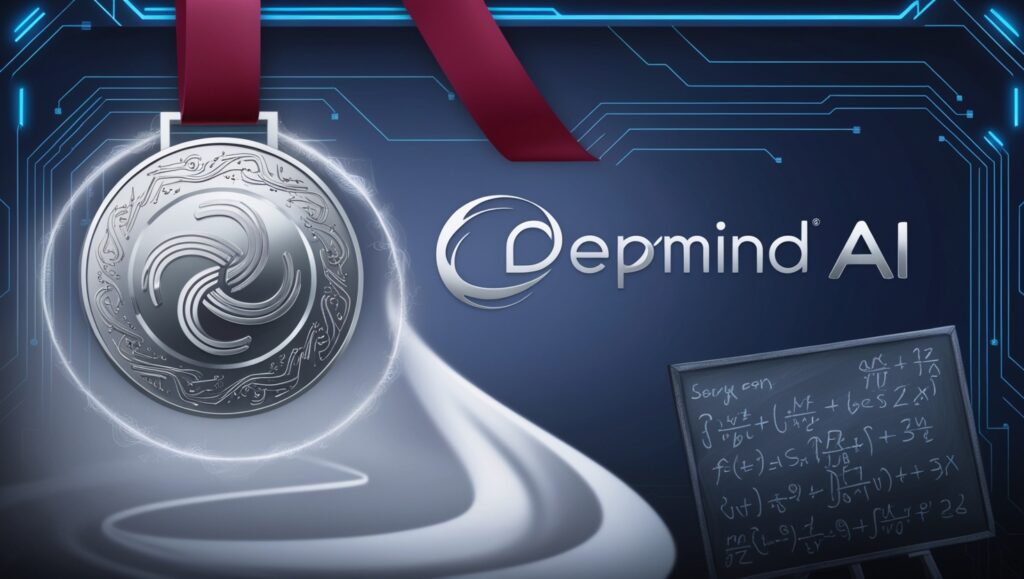As the AI industry grows, companies are competing to hire the top machine learning engineers, with some offering salaries well over six figures. Many of these positions require a Ph.D. from the applicant.
However, earlier this week, X, the former Twitter, faced criticism from the tech world on the necessity of an advanced computer science degree to secure a coveted machine learning position.
Rather of pursuing a Ph.D., my goal is to become a machine learning engineer. A user named X wrote, sparking a discussion. “Dilemma of the Century.”
Several responders don’t think that not having a PhD is a barrier to entry, which may be excellent news for the original poster.
Indeed, in a post that was later removed from X, Cristian Garcia, a machine learning engineer at Google’s DeepMind AI division, stated that a Ph.D. is superfluous or even a red flag for an ML Engineer role (IMO).
Garcia told that Ph.D. educational institutions don’t always teach DevOps, data cleansing, data engineering, and other backend work-related skills that are normally need to execute the job. Garcia claims he is self-taught in machine learning and doesn’t have a college degree.
Garcia told that simply understanding machine learning is insufficient. To put it another way, the job itself has simply a passing connection to machine learning.
A separate X user, claiming to hold a Ph.D. in computer vision, stated that recruiters may conclude that a candidate lacks relevant work experience and is overly theoretical and expensive if they see the word “Ph.D.” on their resume.
A PhD is only useful for research, not machine learning engineering, according to one reply. One person went so far as to say that employers who make a Ph.D. a mandatory are probably searching for researchers instead — “or don’t know what they’re looking for.”
However, not every techie believes that a graduate degree is required. An X user claiming to be a computer science graduate student stated that Ph.D. candidates can offer an original perspective to practical issues, which may prove advantageous to their companies.
As the AI job market expands, employers and prospective employees are debating which education and skill sets are most valuable. Large and small IT businesses’ recruiters have stated that candidates looking for AI-related positions don’t always need extensive STEM degrees in order to get hired.
IBM’s chief talent officer, Chris Foltz, recently told that the tech giant gives “traditional degrees” less weight when hiring for AI roles and instead prioritizes “skills and experiences” for individuals who can demonstrate their AI understanding.
Similarly, Lindsey Duran, vice president of global recruiting at Nvidia, stated that candidates with non-traditional credentials can make an impression if they can highlight their leadership qualities, previous project impact, and career milestones.
According to Alex Shapiro, the chief people officer of the AI firm Jasper AI, hiring personnel with non-traditional backgrounds may occasionally be more appealing than hiring those with technical degrees.
In response to the initial article, one X user noted that becoming a machine learning engineer doesn’t necessarily require a Ph.D. Another advises trying at a startup, where they’ll “take the risk” on a non-Ph.D. candidate, and then “break into a good company with that experience under your belt.”








